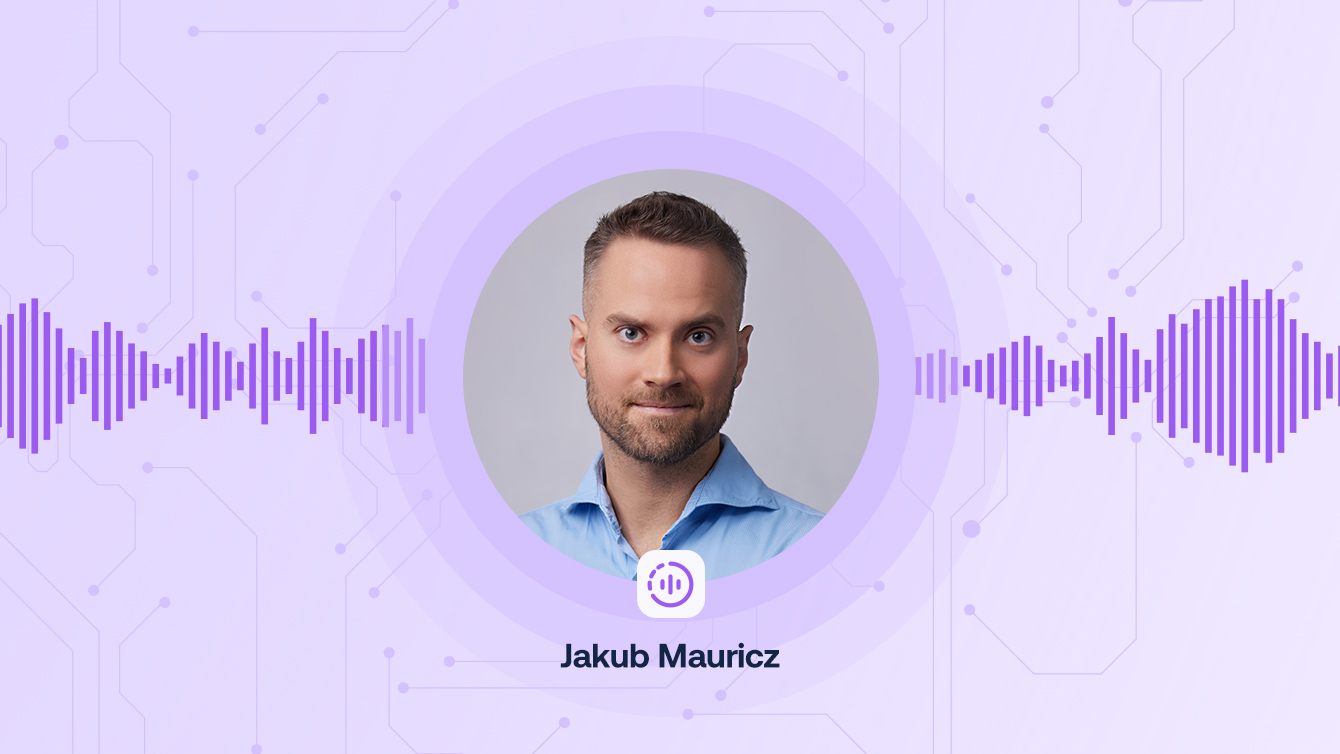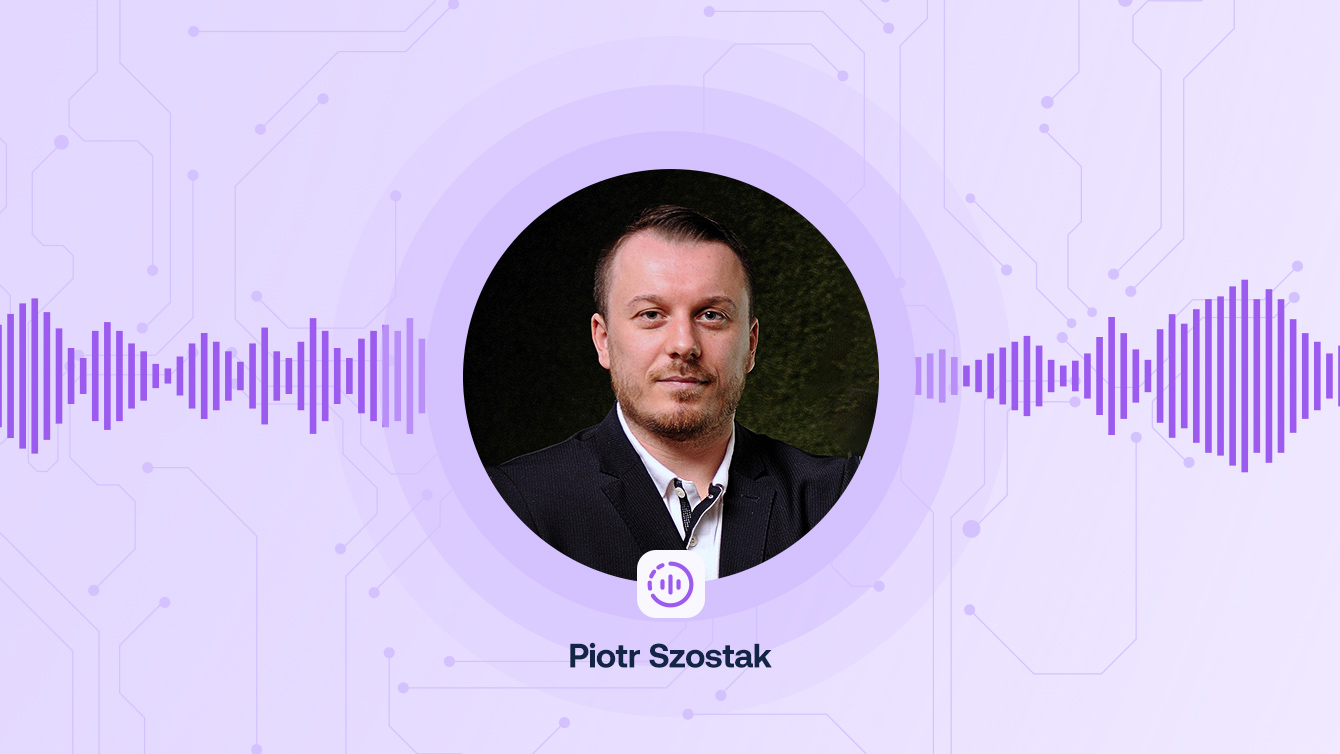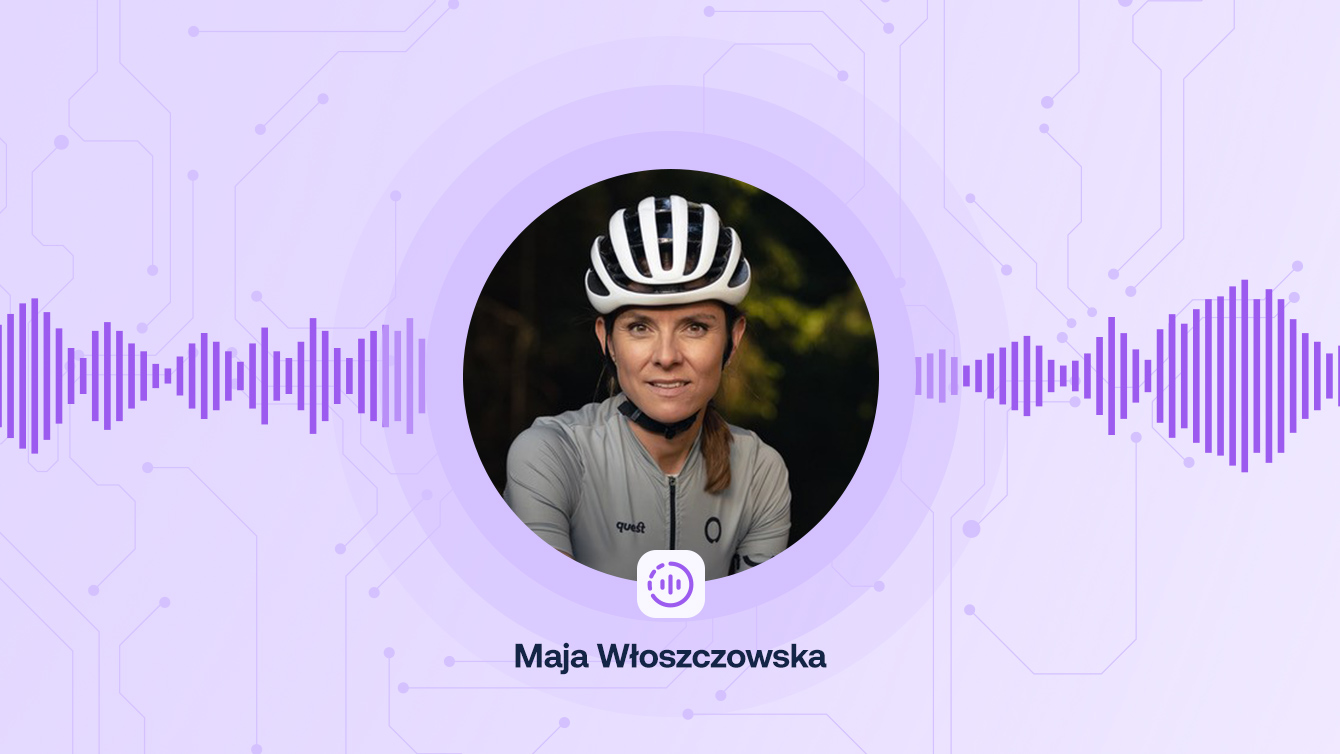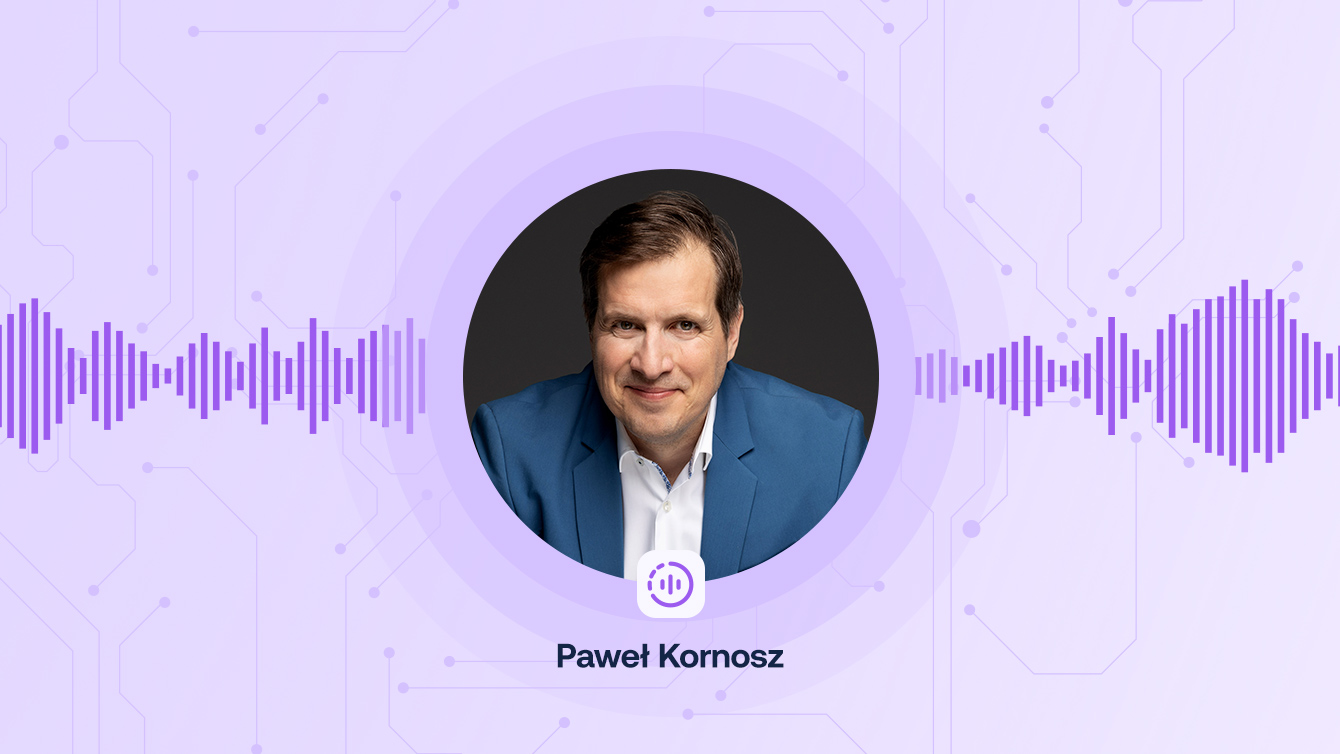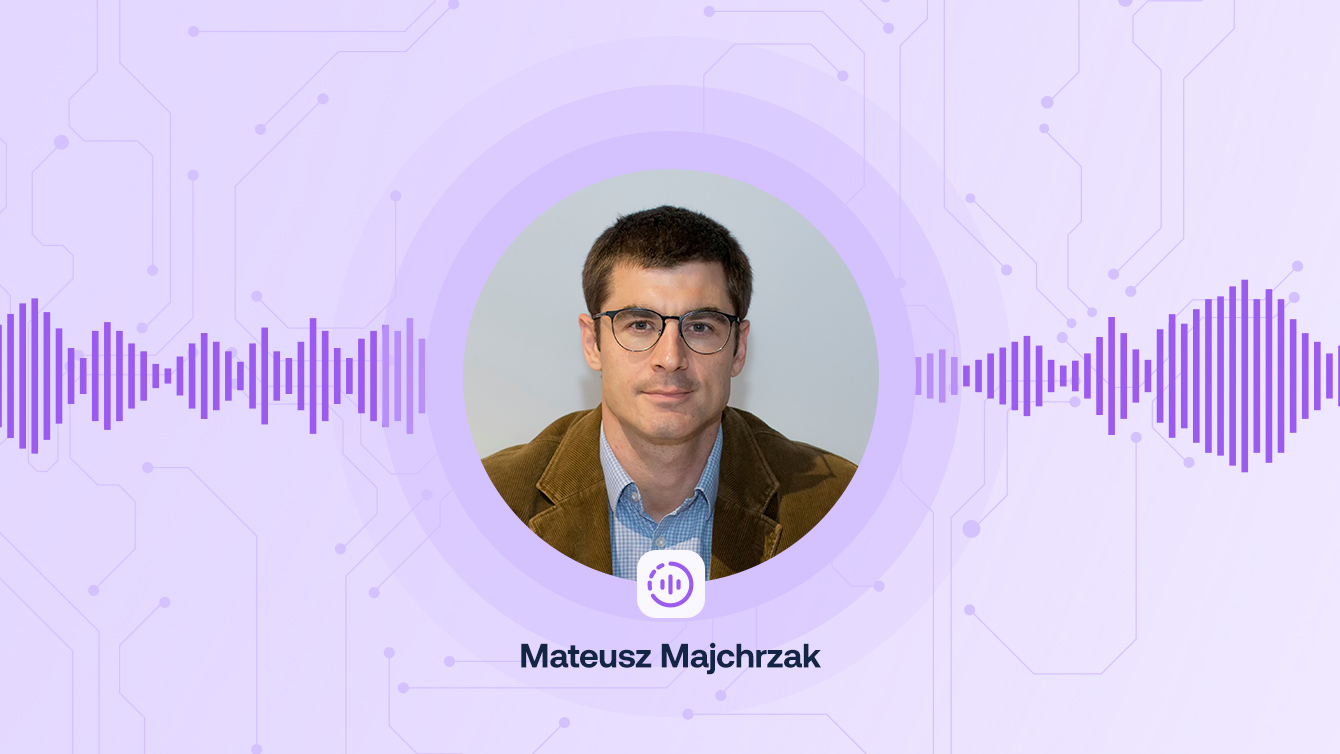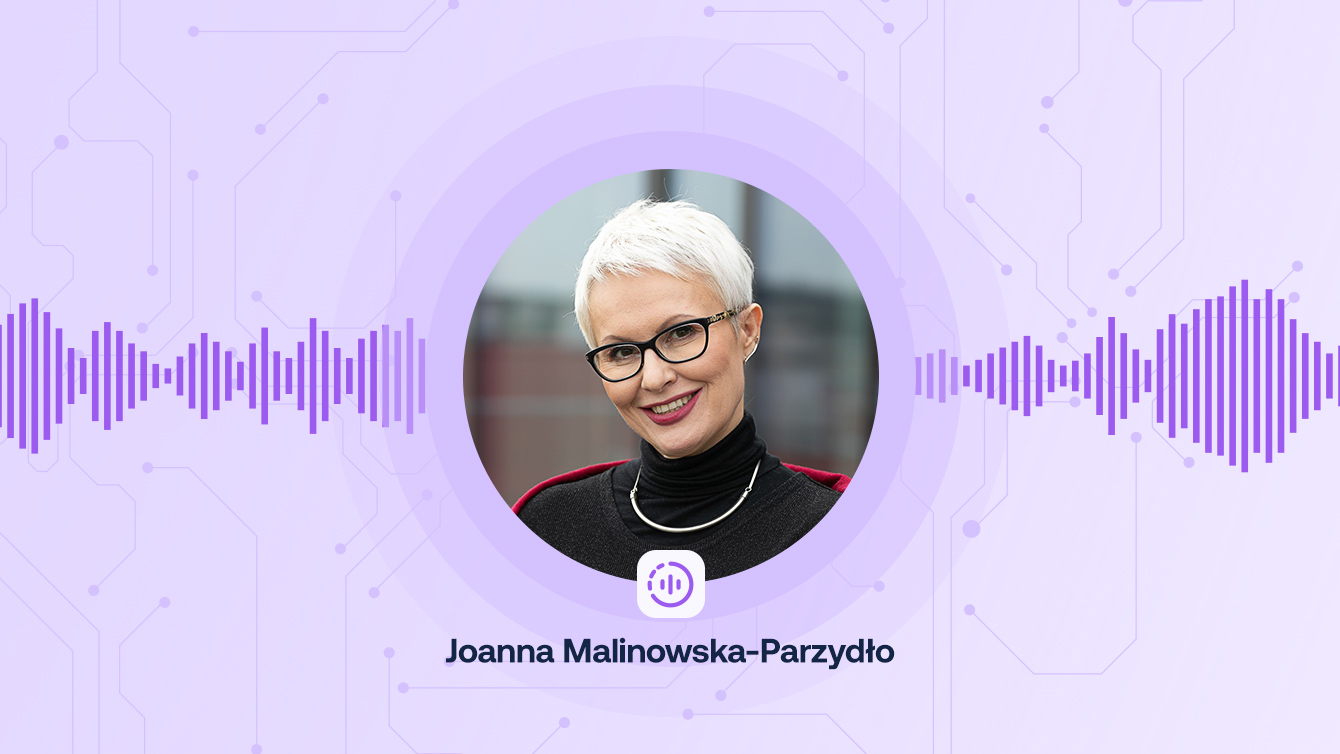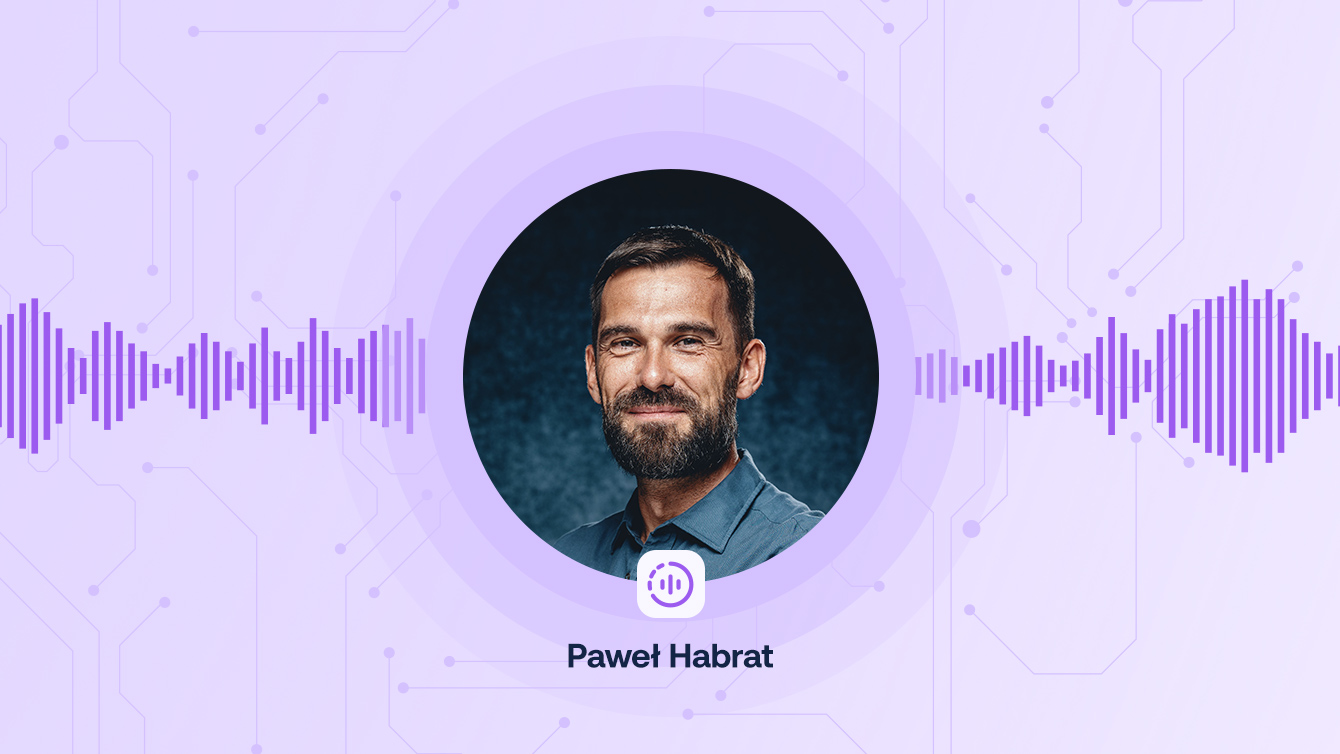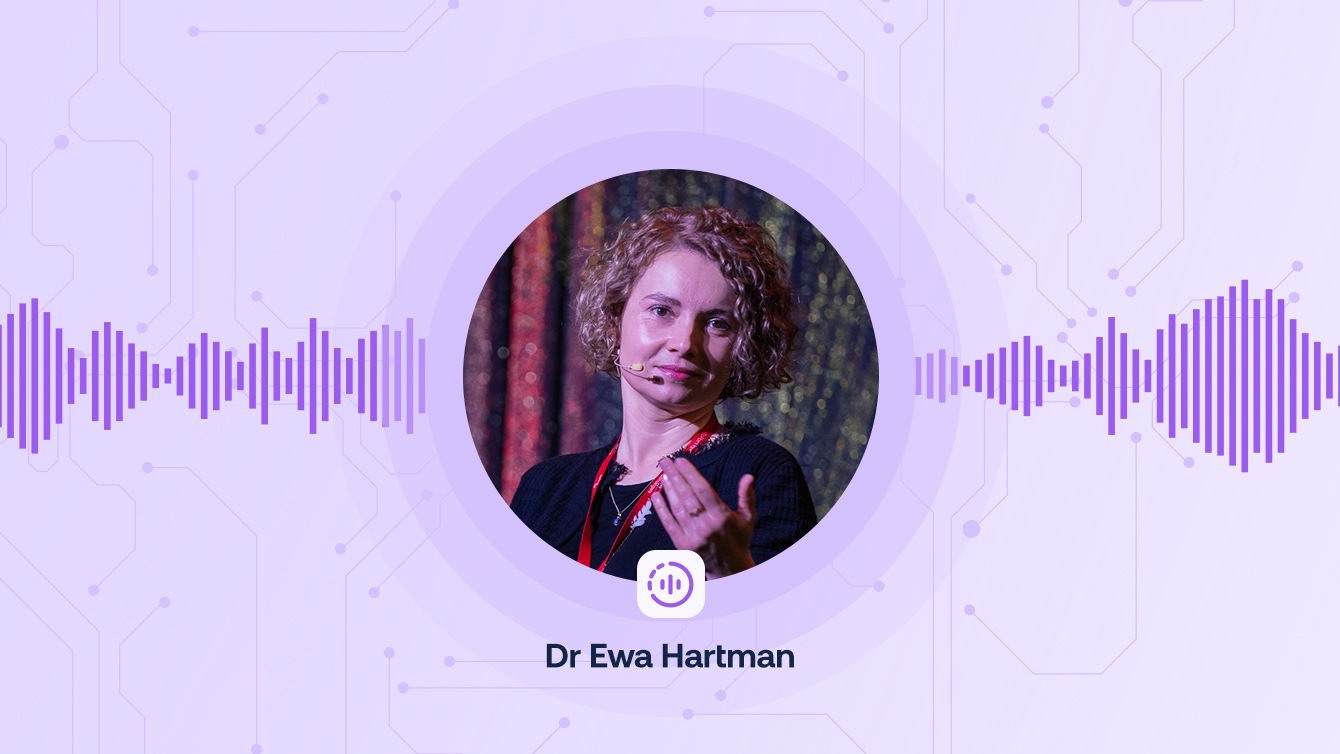VIDEOCAST: How Will AI Affect Employee Raises and Promotions?
Learn how to leverage AI in your business.
How can artificial intelligence make it easier for an employee to get a raise? Why can AI become one of employee benefits? In what five areas can it support HR departments? Bartek Pucek, investor and founder of Forward Operators AI Lab, talks about all this as part of the next episode of the “Wellbeing Summit” videocast series.
Two employee attitudes towards AI
Artificial intelligence is increasingly less often seen as a threat and more often as an opportunity, both from the perspective of the employee and the employer. Despite this, employees continue to represent two extreme attitudes towards AI. Some of them fear losing their jobs, while the rest are eager to use the latest AI solutions.
In an interview with Jarosław Kuźniar, Bartek Pucek reassures that changing the work model does not mean losing a job, but at the same time somewhat cools the excitement of those who see their chance for promotion in using AI tools – while this may be difficult, it will be definitely easier to get a raise.
The investor also gives the example of developers, who were the first to reap the most benefits of artificial intelligence. What has it resulted in? A challenge for employers – job candidates in this industry no longer want to work for companies that do not use AI solutions.
What can artificial intelligence help us with?
Artificial intelligence is not just about the IT industry. “Companies and organisations around the world, including in Poland, are asking themselves questions about areas in which artificial intelligence can be used. The quick answer for them are off-the-shelf solutions from AI providers,” says Bartek Pucek.
“Some time ago we also prepared a map of solutions for HR. They are not ready in every area yet (...), but such solutions are being worked on in each of them,” he added.
Areas where HR can already use AI effectively include:
Strategy and data analysis.
Recruitment and talent acquisition.
Coordination of work.
Employee and career management.
Acquisition of new skills.
Importantly, for HR departments and executives alike, artificial intelligence may soon become one of employee benefits as well. “In the coming years, as part of their benefits, employees will be given credits for using various AI-based solutions,” Pucek predicts in an interview with Jarosław Kuźniar.
Opportunity for higher productivity and better earnings
And what about promotions and raises? In Poland, it is very common for progress in competencies to be seen through the prism of promotions at work, meaning a career ladder that only goes up. From the perspective of working with artificial intelligence, though, progress is an increase in productivity within specific tasks that are already being performed.
“I’m getting better at the area I’m working in, and I can be 10 times or 100 times more productive in that area by working with AI,” notes Pucek.
“This does not necessarily entail a change in position, but it may increase the expectation of higher earnings. If I am a good employee who can work very well with artificial intelligence, which translates into increased productivity, then my expectations will also increase – within the same position.”
How to use artificial intelligence wisely? Why is the situation with AI often reminiscent of the one from a dozen years ago, when employees performed business tasks on their private smartphones? Listen to the entire conversation with Bartek Pucek in the next episode of the “Wellbeing Summit” series!
